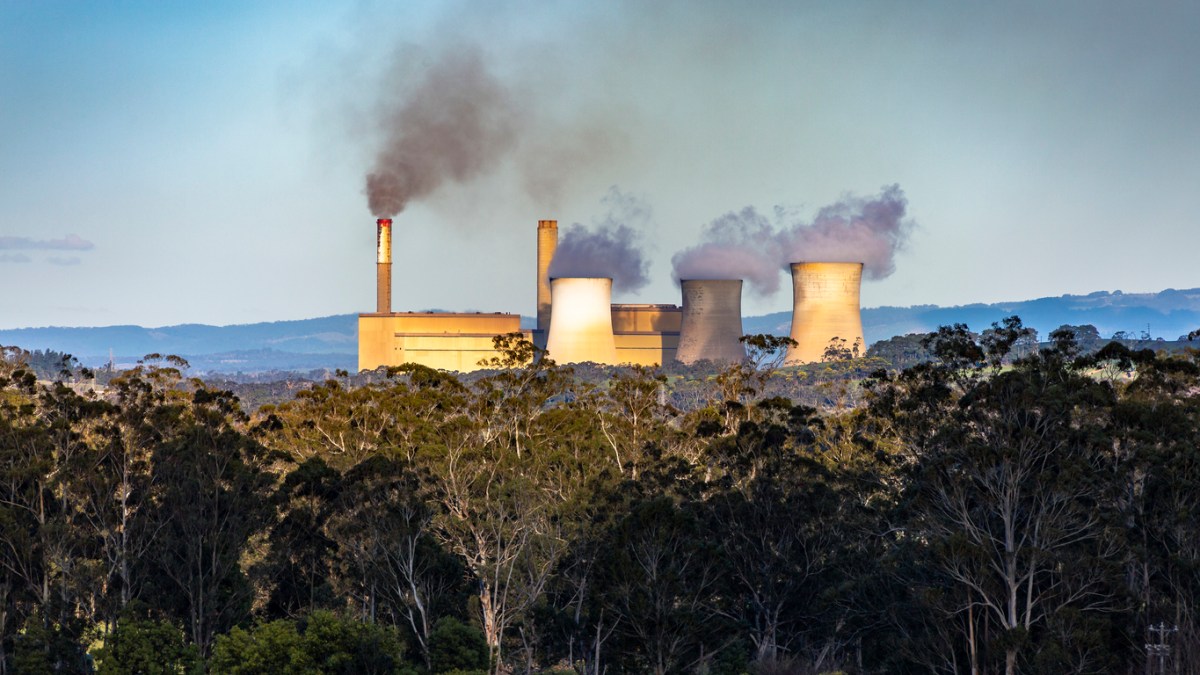We, the impact investment community, recognise and revel in the power of private capital to shift our economy towards a more sustainable future.
But, few of us would have predicted that a tech-billionaire would target a buyout of AGL.
It’s audacious, inflammatory and whether or not it’s successful, it redefines what it means to be an activist investor.
It sparks powerful new inspiration for the levers of change that ambitious investors have at their fingertips.
Mike Cannon-Brooks is a well-known advocate for taking action on climate change, but he’s just one person, albeit a very wealthy one.
But, when you pair his startup-founder-chutzpah with the institutional might of Brookfield, a Canadian fund manager, then you’re harnessing the type of power that can’t be blocked by obfuscation from politicians and incumbents alike.
It doesn’t depend on protesting or appealing to one’s better angels, instead, it uses the forces of capitalism to internalise the immense social and environmental costs of burning coal.
It has the potential to shift the company away from a dependence on crony-capitalism, where the status-quo is allowed to continue for far-longer than is economically viable, and to instead embrace a future defined by technological innovation, and world-leading clean-energy production.
The first step would be to bring forward the closure of some of Australia’s most heavily polluting coal-fired power plants.
In radio interviews, Canon-Brooks has said he’s confident they can retire AGL’s coal-fired plants by 2030, and that they have sufficient capital to reboot the company and keep the lights on, while also cleaning up the grid, making it more stable, and providing cheaper power.
The proposal follows last week’s announcement by Origin Energy that it would be bringing forward the shut-down of it’s Eraring power station to 2025, 7 years earlier.
AGL’s coal power assets include Bayswater in NSW, and Loy Yang A in Victoria.
It will be a tough fight, that much is clear. The AGL board rejected the initial $8 billion bid as too low. It values the company at $7.50 a share, a four per cent premium.
The market seems to agree, with the AGL share price up around 12% amid Monday afternoon trade, to $8.06.
I opened this story exclaiming shock and awe at this deal, but really, I shouldn’t have been surprised. It was only two months ago that the Australian Energy Market Operator (AEMO) released a major report suggesting a key scenario where all of Australia’s brown coal assets should be shut down by 2032.
It’s an exciting moment, as powerful forces are now aligned to make it happen; renewable energy tech has never been cheaper, capital is flowing from a new breed of impact investors, and the public is finally recognising that a clean-energy power grid is possible.
The energy transition is here, and it’s accelerating.

